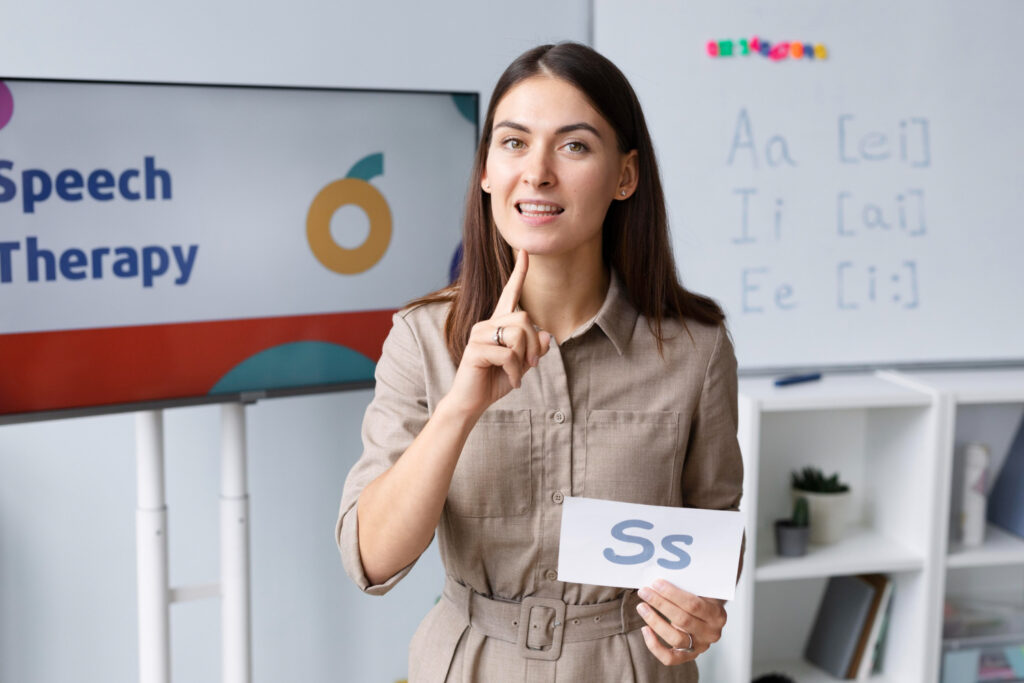Speech-Language Pathologists (SLPs) play a pivotal role in the field of education, making a profound impact on the lives of students with communication challenges. These highly skilled professionals are dedicated to helping students overcome speech and language disorders, enabling them to achieve academic success and improved social interactions. This article explores the significant impact of SLPs in the education system, the value they bring to schools, and the vital role of education staffing solutions in connecting them with the right job opportunities.
Assessing and Identifying Communication Disorders
One of the essential contributions of speech language pathologists jobs and their expertise in assessing and identifying communication disorders. Through comprehensive evaluations, SLPs can pinpoint the specific speech and language challenges that students may face. Early detection and diagnosis of communication disorders are critical for designing appropriate intervention plans tailored to each student’s needs.
Creating Individualized Intervention Plans
Once communication disorders are identified, SLPs work closely with students, teachers, and parents to develop individualized intervention plans. These plans are designed to target specific speech and language goals and address the unique needs of each student. The tailored approach allows students to make meaningful progress in their communication skills, promoting greater self-confidence and engagement in the learning process.
Improving Academic Performance
Effective communication skills are fundamental to academic success. SLPs help students enhance their language abilities, including speaking, listening, reading, and writing, which directly impacts their performance in various subjects. Improved communication skills enable students to better understand and express concepts, leading to enhanced academic achievement.
Enhancing Social Interaction and Peer Relationships
Communication difficulties can lead to social challenges for students, affecting their ability to interact with peers and form meaningful relationships. SLPs work on social communication skills, such as initiating conversations, understanding nonverbal cues, and participating in group discussions. By addressing these aspects, SLPs help students develop stronger social connections and build positive peer relationships.
Supporting Inclusive Education
Inclusive education is a cornerstone of modern educational systems, aiming to provide equal opportunities to students of all abilities. SLPs play a crucial role in promoting inclusivity by supporting students with communication challenges in mainstream classrooms. They collaborate with teachers and other professionals to implement strategies that foster a supportive and inclusive learning environment.
Facilitating Collaboration with Teachers and Parents
Speech-language pathologists act as valuable resources for teachers and parents, providing guidance on how to support students with communication disorders in and outside the classroom. They collaborate with educators to integrate communication goals into the curriculum and recommend strategies for enhancing communication skills in everyday activities.
Monitoring Progress and Making Adjustments
Progress monitoring is an integral part of speech-language pathology in education. SLPs continually assess students’ communication skills and adjust intervention plans as needed. Regular progress updates are shared with teachers and parents, ensuring everyone involved remains informed and engaged in the student’s development.
The Role of Education Staffing Solutions
Education staffing solutions, including agencies specializing in jobs in special education, play a vital role in connecting qualified SLPs with educational institutions. These agencies help bridge the gap between talented professionals and schools seeking specialized support. By leveraging their extensive networks and expertise, education staffing solutions ensure that schools find the right SLPs to meet their unique needs, while simultaneously helping SLPs discover fulfilling job opportunities that align with their skills and preferences.

Conclusion
Speech-Language Pathologists have a transformative impact on education, empowering students with communication challenges for success. By assessing and diagnosing communication disorders, creating individualized intervention plans, and enhancing academic performance and social interactions, SLPs enrich the lives of students in the education system. Their collaborative approach with teachers and parents promotes inclusivity and supports students in achieving their full potential. Education staffing solutions play a crucial role in this process, facilitating the placement of skilled SLPs in schools, ensuring that students receive the best possible support and guidance for their communication development. With the dedication and expertise of SLPs and the support of education staffing solutions, the education landscape becomes a place where all students can thrive and flourish.






